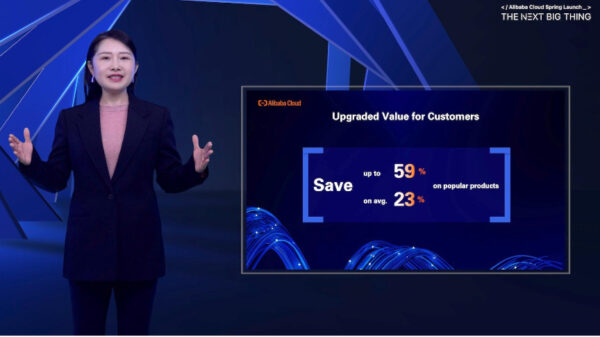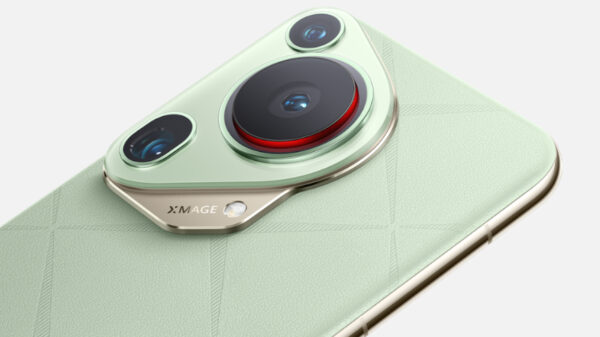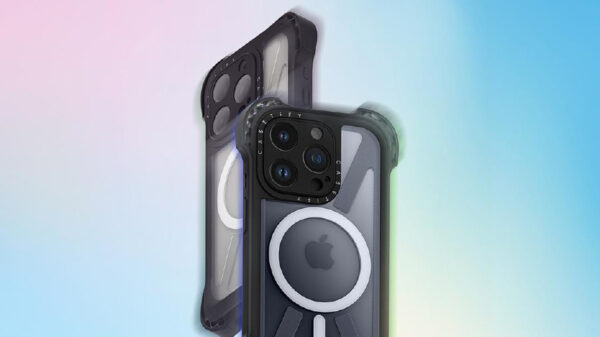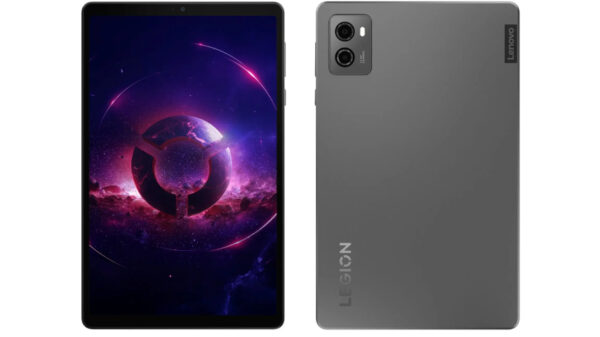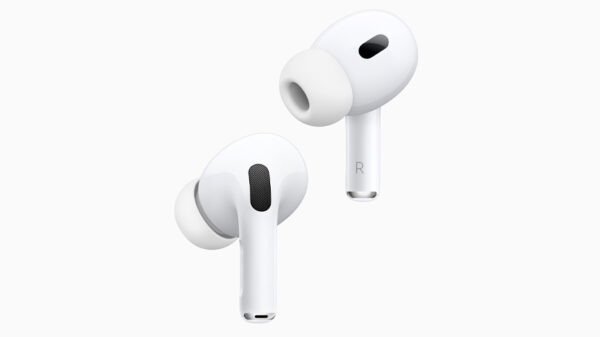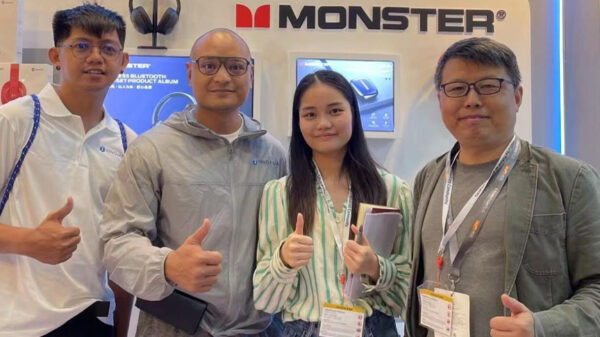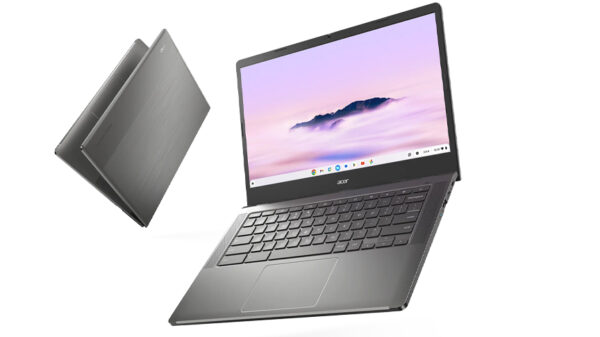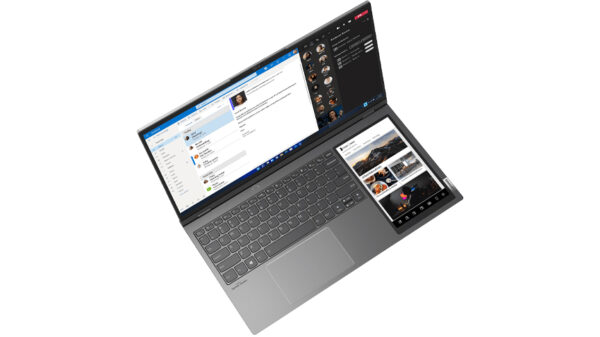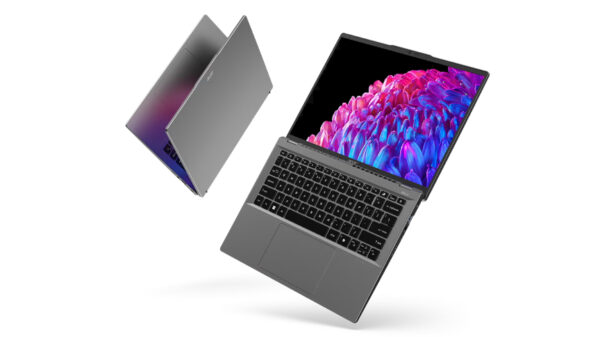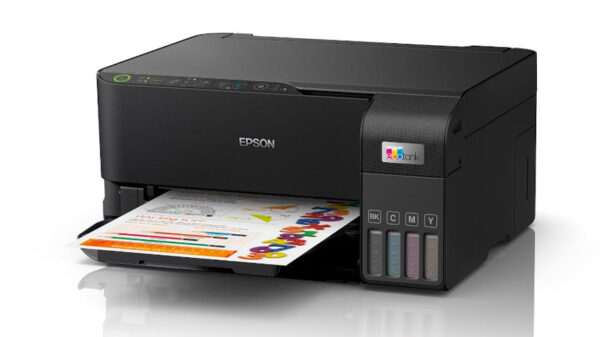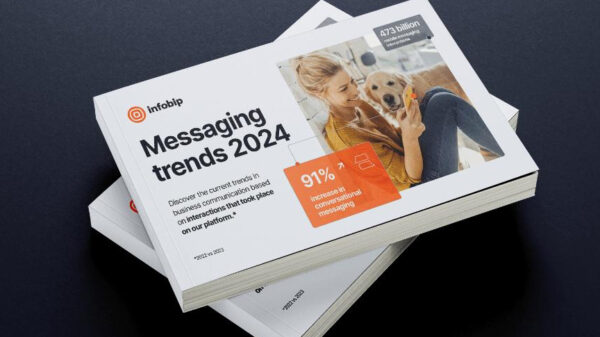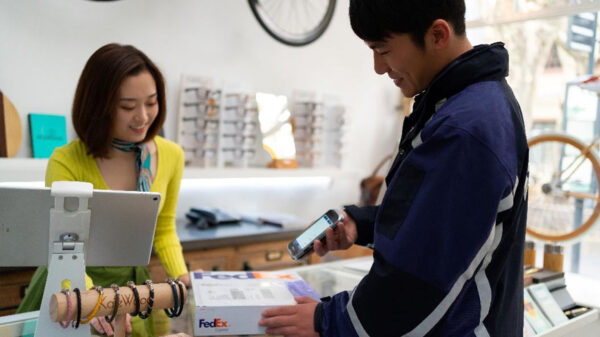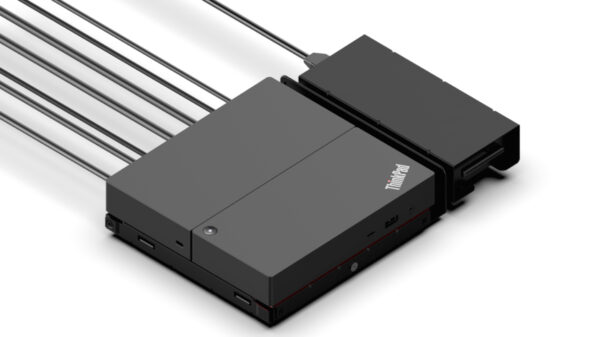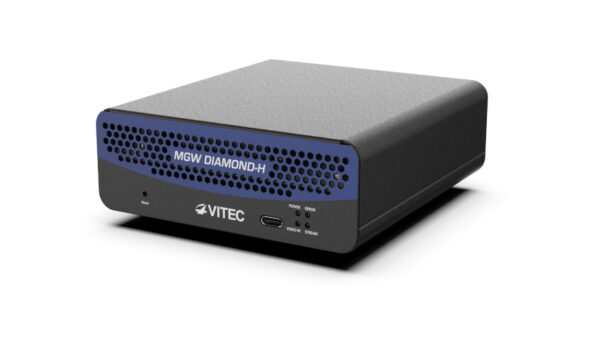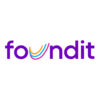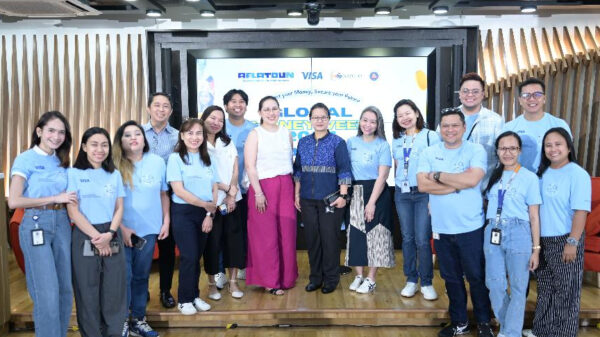Philippine-based digital service providers should strengthen the five elements of trust – privacy, security, reliability, ethics, and compliance – to earn trust as almost three out of five local consumers don’t trust digital services, according to a recent Microsoft-IDC Asia Pacific survey called “Understanding Consumer Trust in Digital Services in Asia-Pacific”.
This came about as more digital services are offered in the market and more consumers who embraced digitization are becoming more aware of cybersecurity risks and threats to the privacy of their personal information.
Focused specifically on consumer trust and Artificial Intelligence (AI), the study was conducted to over 6,300 participants in 14 countries in Asia to gather information about consumer sentiments in the level of trust on digital services they’re currently using. The Philippines is a survey participant with 454 consumer-respondents.
The survey revealed that 44% or less than half of the total Filipino consumer-respondents trust digital services they’re using. As a result, more than half or 57% of consumers would switch to another organization, while two out of five respondents or 38% would reduce the use of digital services. Close to one-third or 31% of consumers would stop using the digital service altogether.
“The upside for organizations with a trusted digital platform is tremendous as the Philippines is one of the fastest growing digital services markets in Asia-Pacific,” said Andres Ortola, country general manager at Microsoft Philippines. “However, despite consumers’ increasing reliance on digital services, there is still a considerable trust gap that needs to be addressed. Most consumers still do not perceive organizations to be trusted data stewards.”
Ortola added that “we urge business leaders to do more to understand what drives consumer trust and focus on how they can build trust and make it a key competitive advantage for their digital services.”
According to the study, Filipino consumers feel that all five elements of trust are almost equally important to them, with privacy (93%), compliance (89%), and security (87%) emerged as the top three most important. Consumers are also looking forward to gain the highest trust from financial services institutions (FSI), followed by education institutions and healthcare organizations.
For organizations that have embraced digital disruption, establishing a trusted platform is of significant importance in their digital service strategy. The report showed that establishing a trusted platform needs to be a priority in organizations’ strategy for digital services as only six percent of consumers prefer to transact with an organization that offers a cheaper but less trusted digital platform.
The report also revealed that 73% of consumers said they would recommend a trusted digital service to others even if the cost is higher.
“Trust is critical for organizations to succeed in this digital world as consumers overwhelmingly prefer to transact with organizations with a trusted digital platform,” said Randy Roberts, IDC Philippines’ head of operations. “As competition between digital services becomes more intense and global in nature, advocacy through word of mouth can be a strong differentiator for the organization and a shot in the arm for the brand.”
It was revealed that sectors responsible for fulfilling the five elements of trust with their customers should not be limited to industry stakeholders alone but also include the government and technology firms as well.
The report showed that 44% of respondents feel that the government is responsible to take the lead in building trust, followed by technology companies at 35%, indicating the need for a stronger partnership between governments and technology firms.
When it comes to fostering trust in AI technologies, 43% of consumers feel that technology companies and government (at 36%) should take the lead in ensuring that AI is used in a trusted manner.

